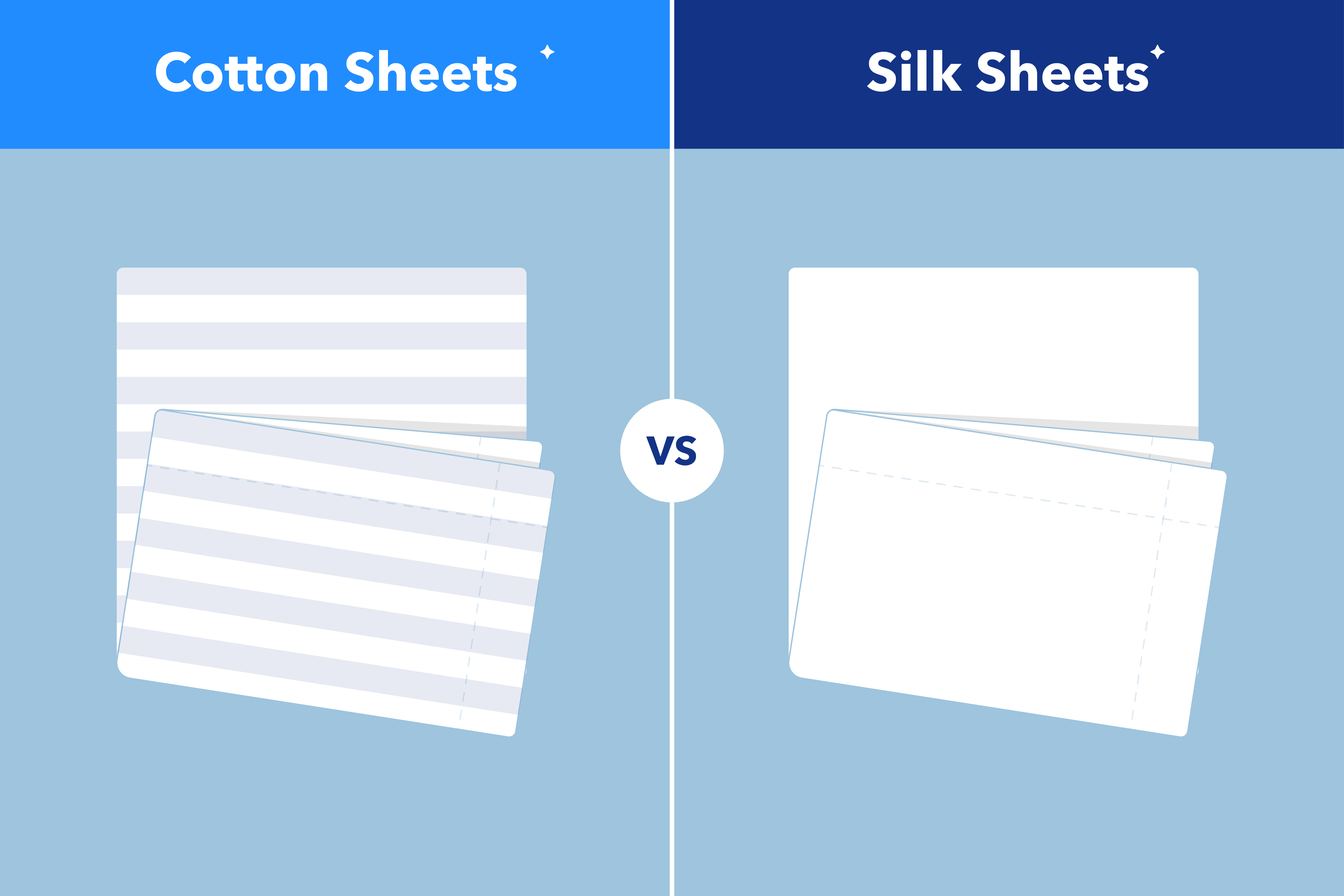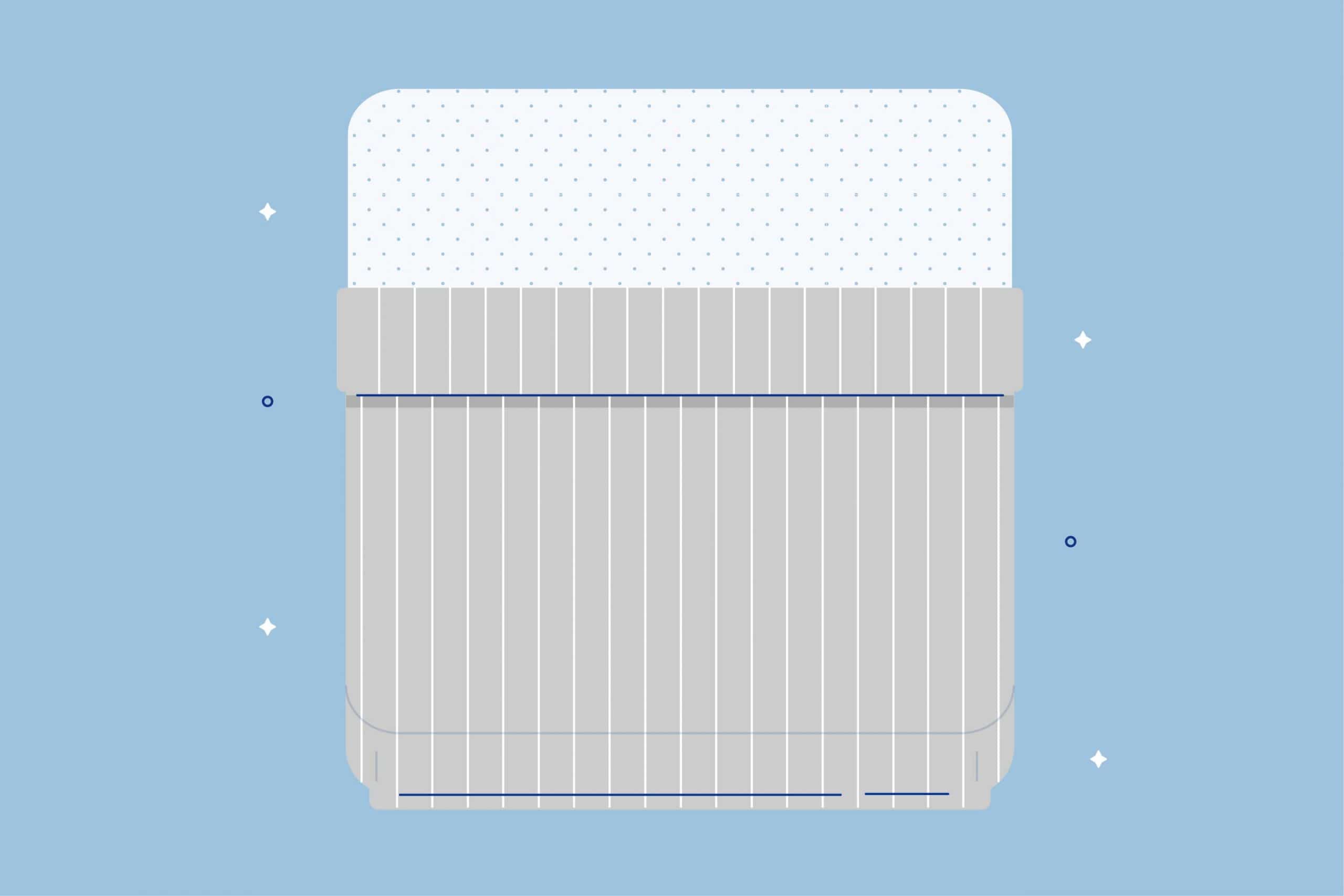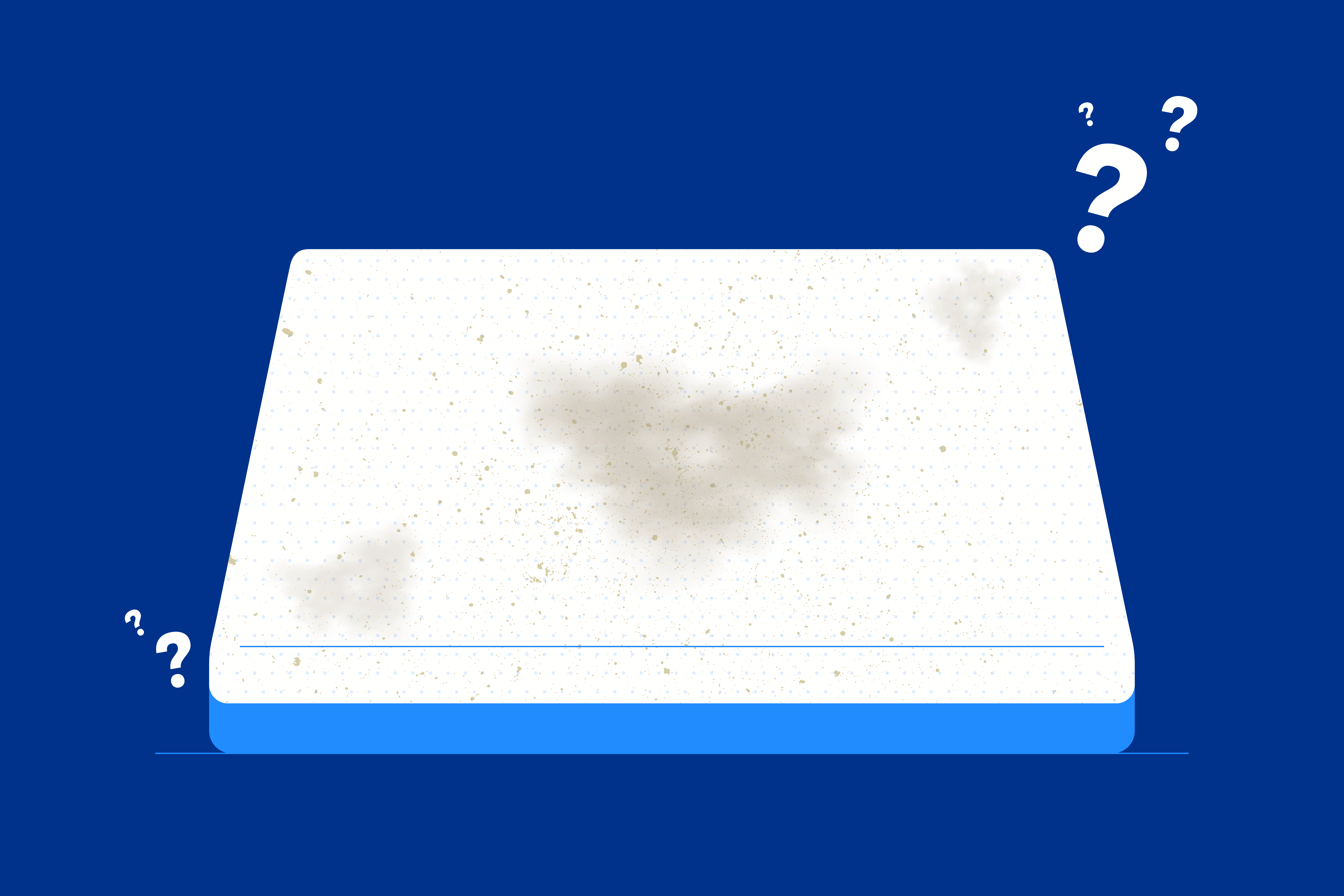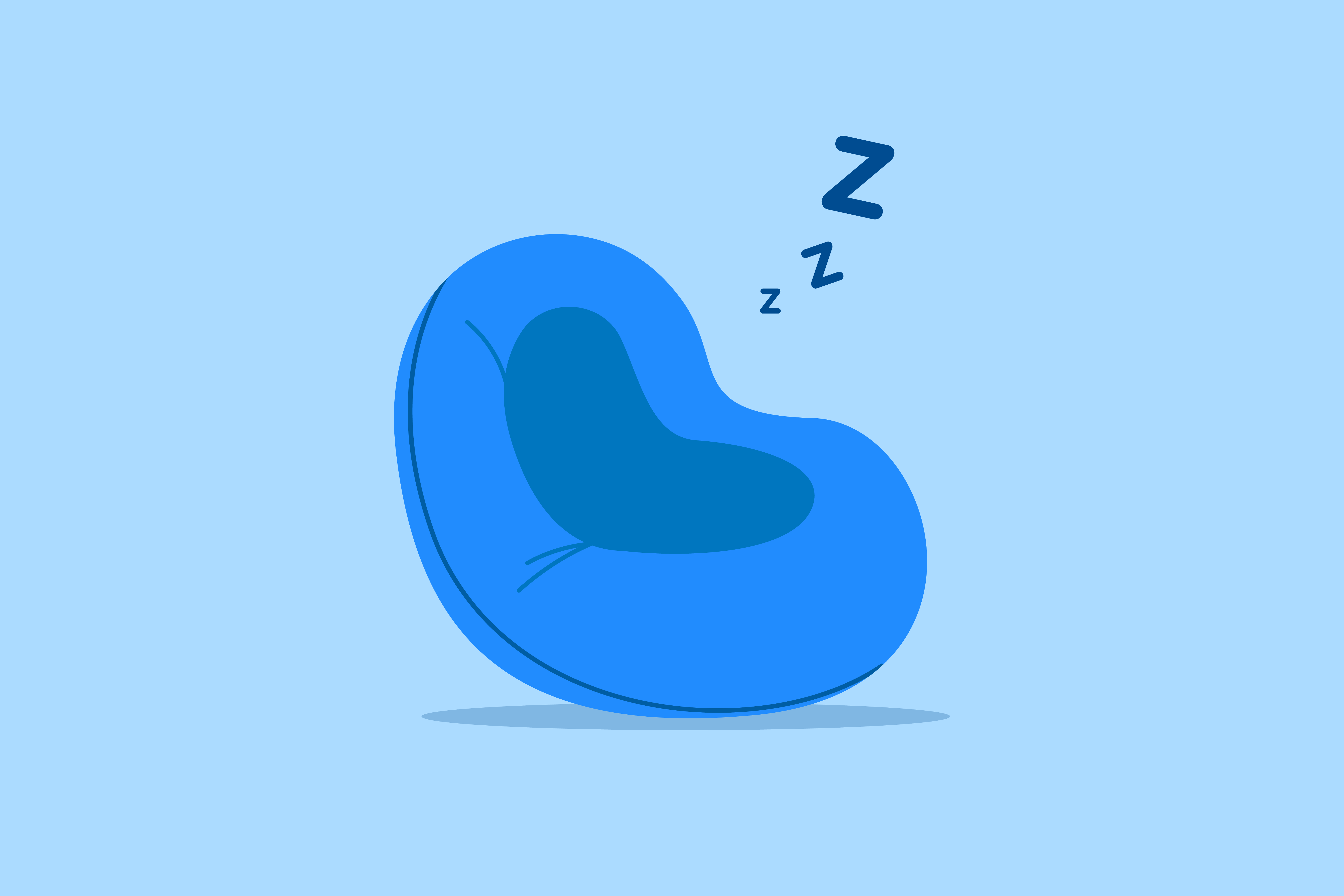Key Takeaways
- Cotton vs. Silk Comfort: Cotton sheets are known for their softness, breathability, and ability to regulate body temperature, making them suitable for a comfortable and restful sleep. On the other hand, silk sheets provide the epitome of luxury with a smooth and indulgent feel, particularly Mulberry silk, which is considered the highest quality silk available.
- Practicality and Maintenance: Cotton sheets are easy to care for, machine-washable, and suitable for those who prioritize convenience. They come in various types, including Egyptian cotton known for its high thread count and luxurious feel. Silk sheets, while luxurious, require special care such as hand-washing, making them more high-maintenance compared to cotton.
- Environmental Considerations: Both cotton and silk are natural fabrics, but there are differences in their environmental impact. Organic cotton, grown without synthetic pesticides or fertilizers, promotes soil health and reduces environmental impact. While silk production is generally eco-friendly, the emergence of peace or cruelty-free silk offers a more sustainable option within the silk industry.
When it comes to achieving a good night’s sleep, choosing the right bedding is crucial. Do you prefer the softness and breathability of cotton, or the luxurious feel of silk? Both materials have their unique qualities and benefits, and selecting between the two often becomes a topic of debate.
Cotton and silk are natural and breathable fabrics that help regulate body temperature, making them ideal for a comfortable and restful sleep. Cotton bedding is available in different varieties such as Egyptian cotton, known for its quality and high thread count, ensuring a luxurious feel.
Silk sheets, on the other hand, are the epitome of luxury sheets, with a smooth and indulgent feel that is gentle on delicate facial skin and hair. Mulberry silk, in particular, is considered the highest quality silk available.
This article will explore the differences between cotton and silk sheets, their benefits, and which one promises the most luxurious slumber. We will compare cotton vs silk bed sheets to help you find the ultimate comfort for your sleep.
Whether you prefer natural and breathable cotton fabric or luxurious silk fabric, we have got you covered. So, let’s dive into the world of cotton and silk bedding to find the perfect sheets for your slumber.
Quick Guide: A 30-Second Summary
| Best Alternative to Cotton and Silk Sheets | Amerisleep Bamboo Sheets |
What Makes Cotton Sheets Unique?
Looking for natural and breathable bed sheets? Look no further than cotton! Cotton sheets are made from the fibers of cotton plants, known for their softness and comfort. These sheets are perfect for individuals with sensitive skin, as they are gentle and soothing.
Egyptian cotton, in particular, is highly regarded for its quality. This type of cotton has long and strong fibers that allow for higher thread counts and a luxurious feel. Cotton sheets are also highly absorbent, making them ideal for those who tend to sweat during sleep. They help regulate body temperature, keeping you cool and comfortable throughout the night.
For those who prioritize sustainability and eco-friendly choices, organic cotton sheets offer a unique and conscious option. Organic cotton is grown without the use of synthetic pesticides or fertilizers, following environmentally friendly and socially responsible practices. These sheets are crafted from cotton plants cultivated using organic farming methods, promoting soil health and reducing the environmental impact.
Choosing organic cotton sheets not only provides the same softness, comfort, and breathability as conventional cotton but also aligns with a commitment to a greener lifestyle.
Cotton bedding comes in various forms, including cotton bed sheets, cotton pillowcases, cotton duvet covers, cotton blankets, etc. It’s quite possible to make a bed decked out entirely in cotton!
With its natural and breathable fabric, cotton is a great option for anyone who wants to get a good night’s sleep. Whether you’re looking for high thread counts or a fabric that absorbs moisture, cotton sheets are the perfect choice.
What Makes Silk Sheets Special?
Are you looking for the ultimate sleep experience? Look no further than silk sheets. Made from natural silk fibers produced by silkworms, these sheets are the epitome of luxury. The smooth and silky feel of silk is second to none in many sleepers’ eyes, not even sateen cotton or bamboo, and it offers exceptional comfort that you won’t be able to get enough of.
One of the best things about silk sheets is their breathability. Being a natural and breathable fabric, silk helps regulate your body temperature to keep you comfortable in all seasons. Whether it’s warm or cool, silk will keep you cozy and snug all night long. Plus, the mulberry silk used in silk sheets is considered the highest quality available.
Silk sheets aren’t just comfortable; they are also gentle on delicate facial skin and hair. They provide a luxurious and indulgent sleep experience, while also being hypoallergenic and great for people with sensitive skin.
Breathability and Body Temperature Regulation
When it comes to getting a comfortable night’s sleep, breathability, and body temperature regulation are essential factors to consider. Both cotton and silk sheets offer excellent properties when it comes to these aspects.
Cotton sheets are known for their breathability and ability to allow for air circulation. Cotton fabric is a natural and breathable fabric that wicks away moisture from the body, keeping you cool during warm nights and warm during cooler temperatures. It can help regulate body temperature and is also highly breathable, making it a great option for individuals who tend to sweat or get hot while sleeping.
Silk sheets, on the other hand, are extremely breathable and naturally insulating, along with their luxury quality. Silk fibers help regulate body temperature by trapping body heat during colder nights and keeping you cool during warmer nights. It is gentle on the skin, making it an ideal option for individuals whose skin is sensitive.
When it comes to breathability, however, linen is often considered the most breathable fabric, followed closely by bamboo, silk and cotton.
Whether you choose cotton or silk, both fabrics offer natural and breathable options for your bedding needs. It comes down to your personal preferences, budget, and desired sleep experience. Whether you prioritize breathability, body temperature regulation, or both, there is a natural and comfortable fabric out there for you.
Natural and Organic Sheet Options
Both silk and cotton are classed as natural fabrics, like wool, bamboo, and linen and unlike polyester and microfiber. However, when it comes to natural and orghanic options and their environment impact, they are not the same.
Cotton
Cotton stands as one of the most widely used and beloved natural fibers in the realm of textiles. Derived from the cotton plant’s fluffy fibers, cotton sheets offer a soft, breathable, and comfortable sleeping experience. The natural properties of cotton make it absorbent, allowing it to wick away moisture and regulate body temperature, making it suitable for various climates.
Conventional cotton farming typically involves the use of synthetic pesticides and fertilizers, which can lead to soil degradation, water pollution, and harm to ecosystems. The widespread use of these chemicals poses risks to farmers’ health and contributes to environmental degradation.
In contrast, organic cotton is cultivated without the use of synthetic chemicals, relying on natural fertilizers, crop rotation, and integrated pest management. Organic cotton farming promotes soil health, reduces water consumption, and avoids the negative impacts associated with synthetic chemicals. Additionally, it often involves fair labor practices, ensuring a more sustainable and ethical approach to cotton production.
While organic cotton may have a slightly higher initial cost, its environmental benefits and support for responsible farming practices make it a greener and more conscientious choice for those seeking eco-friendly bedding options.
Silk
Silk is produced by silkworms, and its cultivation involves a natural process known as sericulture. While silk production is generally eco-friendly in comparison to conventional cotton farming, there are still environmental considerations. The process of silk extraction requires energy and water, and the silkworms themselves are often killed during the harvesting of silk.
However, the emergence of peace or cruelty-free silk, which allows the silkworms to complete their life cycle, offers a more sustainable option within the silk industry.
While organic silk is not as common as organic cotton, there are some options available in the market. Organic silk is produced using silk fibers sourced from silk farms that adhere to organic and sustainable farming practices. These practices typically involve avoiding the use of synthetic pesticides and promoting a more environmentally friendly approach to silk production.
While silk production is generally eco-friendly in comparison to conventional cotton farming, there are still environmental considerations. The process of silk extraction requires energy and water, and the silkworms themselves are often killed during the harvesting of silk. However, the emergence of peace or cruelty-free silk, which allows the silkworms to complete their life cycle, offers a more sustainable option within the silk industry.
Choosing the Right Fabric for Your Sheets
When it comes to creating the perfect sleep environment, choosing the right fabric for your sheets is crucial. While there are many options available, cotton and silk are two popular choices, each type of bed sheet with its unique qualities and benefits.
Cotton Sheets
Cotton sheets are a great choice for those seeking natural and breathable fabric. Cotton is widely available in different varieties, including luxurious Egyptian cotton with its long and strong fibers that can result in high thread counts.
Cotton is soft, hypoallergenic, and perfect for individuals with sensitive skin. Pure cotton helps regulate body temperature and can provide a comfortable sleep in all seasons.
Cotton sheets are also easy to care for and can be machine-washed with a mild detergent and usually are fine to tumble-dry, as well. Be careful what other items you wash the sheets with, though, as it’s possible for friction as the machine spins to cause the sheets to pill.
Cotton fabric is renowned for its natural breathability, softness, and durability. Unlike cotton, synthetic alternatives may lack the same level of comfort and breathability, making cotton a preferred choice for a cool and comfortable sleep experience. The distinct moisture-wicking properties of cotton further set it apart from synthetic fabrics commonly used in bed sheets.
Silk Sheets
If you’re looking for a premium fabric, silk sheets might be a perfect fit. Silk is a luxurious natural fiber that offers exceptional breathability, hypoallergenic properties, and softness. Mulberry silk, in particular, is considered the highest quality and the most durable silk available.
Silk sheets help regulate body temperature and provide a comfortable sleep experience in all seasons. They also retain moisture and natural oils, helping promote healthy hair and skin. Many sleep with a bonnet made of silk around their hair for this reason.
However, silk sheets require special care and cleaning. Typically, they must be hand-washed and carefully dried. For some sleepers, that’s too time consuming.
When deciding between silk and cotton sheets, consider your personal preferences, comfort needs, and budget. Both fabrics offer excellent breathability, regulating body temperature, and natural feel. The choice comes down to individual preference and desired sleep experience.
If you’re looking for alternative natural fibers, consider bamboo or linen bedding. Synthetic materials should be avoided since they can interfere with breathability, increase body heat, and cause discomfort.
Exploring Alternatives Beyond Cotton and Silk
When it comes to choosing the perfect sheets, a world of alternatives awaits beyond the classic cotton and luxurious silk options. Consider these alternative sheet materials for a diverse range of benefits.
Bamboo Sheets
Bamboo sheets are celebrated for their eco-friendly nature, breathability, and moisture-wicking abilities. They provide a silky feel similar to silk while offering additional benefits such as being hypoallergenic and resistant to dust mites.
See also:
Linen Sheets
Linen sheets are renowned for their exceptional breathability, making them ideal for hot climates. They have a relaxed, textured feel and become softer over time. Linen’s natural properties allow air to circulate, providing a cool and comfortable sleeping experience.
See also:
Tencel Sheets
Tencel sheets are crafted from eucalyptus wood pulp, offering a sustainable and environmentally friendly choice. They are known for their smooth and soft texture, moisture-wicking capabilities, and resistance to wrinkles. Tencel sheets are an excellent option for those seeking a blend of comfort and sustainability.
See also:
Microfiber Sheets
Microfiber sheets are made from finely woven synthetic fibers, often polyester. They are known for their durability, wrinkle resistance, and affordability. While not as breathable as natural fibers, microfiber sheets are valued for their softness and low maintenance.
See also:
- Bamboo vs. Microfiber Sheets: What’s the Difference?
- Cotton vs. Microfiber Sheets: What’s the Difference?
The Importance of Thread Count and Other Factors
When it comes to buying sheets, thread count is a critical factor to consider. Thread count denotes the number of threads per square inch of fabric. A higher thread count usually translates to a softer and more durable fabric. For example, cotton sheets generally boast high thread counts, which offer a luxurious feel.
On the other hand, silk sheets may have a lower thread count but still deliver a comfortable and luxurious sleeping experience due to their natural and breathable fabric.
Other essential factors to consider while purchasing sheets include the type of cotton or silk used, the weave of the fabric (such as percale vs sateen), and the quality of the bedding.
If you are looking for luxury bedding, high thread-count cotton sheets might be the way to go. However, if you want a top-notch natural and breathable fabric that regulates body temperature for an ultra-luxurious feel, silk sheets might be precisely what you need.
Consider your personal preference, budget, and sleep needs while making your selection. Keep in mind that other crucial factors beyond thread count influence your sleeping experience. Take your time, and choose wisely!
FAQs
What are the disadvantages of silk?
While silk is renowned for its luxurious feel and hypoallergenic properties, it does have some drawbacks. One notable disadvantage is its susceptibility to damage from sunlight, which can cause fading and weakening of the fabric over time. Additionally, silk tends to be more delicate and may require special care during cleaning, making it less practical for those who prefer low-maintenance fabrics.
What is the coolest fabric for hot weather?
When it comes to staying cool, lightweight and breathable fabrics are key. Linen is widely regarded as one of the coolest fabrics for hot weather. It is made from the fibers of the flax plant and is known for its exceptional breathability and moisture-wicking properties. The loose weave of linen fabric allows for increased airflow, promoting effective heat dissipation and providing relief in hot and humid conditions.
Another excellent choice for hot weather is cotton. Cotton is a natural and breathable fabric that absorbs moisture, helping to keep the body dry. It allows air to pass through, promoting ventilation and making it a comfortable option for hot and humid conditions. Bamboo fabric is also highly regarded for its cooling properties.
What material is best for sweating?
For individuals who experience night sweats or tend to sleep hot, bamboo sheets are often considered the best choice. Bamboo sheets have natural breathability and moisture-wicking properties that help regulate temperature and keep you cool throughout the night. The fibers of the bamboo plant contain tiny micro gaps that facilitate the efficient wicking away of moisture from your skin, making them ideal for those who perspire during sleep.
Cotton sheets are also known for their breathability and absorbent properties. They can wick away moisture from the body, which helps in managing sweat. However, compared to bamboo, cotton may not be as effective in regulating temperature, especially in very humid conditions. Cotton sheets are still a popular choice for many due to their softness, comfort, and versatility.
Silk sheets, while luxurious and smooth, may not be the best option for those prone to sweating. Silk has a reputation for retaining heat, and while it can be beneficial for maintaining moisture in the skin and hair, it may not offer the same level of breathability as bamboo or cotton.
What fabrics are good for body odor?
Fabrics with antimicrobial properties, such as merino wool and bamboo, are effective in combating body odor. These materials naturally inhibit the growth of odor-causing bacteria, keeping clothing and bedding fresher for longer periods.
Additionally, breathable fabrics like cotton allow for better air circulation, reducing the likelihood of trapped odors and providing a more comfortable experience.
Is it better to sleep on silk or cotton?
The choice between silk and cotton for sleep largely depends on personal preference. Silk is known for its smooth texture, which can be beneficial for reducing friction and preventing hair and skin irritation. It also has temperature-regulating properties, making it suitable for both warm and cool nights.
On the other hand, cotton is breathable, absorbent, and easy to care for, offering a classic and comfortable option for a restful night’s sleep. Ultimately, the decision comes down to individual comfort preferences and specific needs.
Conclusion
Choosing the perfect bed sheets can be a daunting task, but understanding the differences between cotton and silk can help you make an informed decision. Cotton sheets offer natural and breathable fabric, excellent breathability, and moisture-wicking abilities, providing a good night’s sleep. On the other hand, silk sheets offer a luxurious fabric that is gentle on the skin, exceptional breathability, and temperature control, ensuring a comfortable sleep experience.
No matter which fabric you choose, it comes down to personal preference and desired sleep experience. Consider your individual needs, budget, and the fabric’s characteristics when making your decision. Remember to also consider factors like thread count, weave, and overall quality to ensure a luxurious and comfortable sleep experience.
About the author
Geoff McKinnen is a writer focusing mainly on the healthcare industry and has written articles on everything from foods to help you lose weight to the connection between Alzheimer’s and sleep. Geoff’s passionate about helping readers improve their well-being to lead happier lives. Outside of work, Geoff enjoys cycling and hiking and believes that by leading a healthy lifestyle, he can help others do the same.
View all posts





